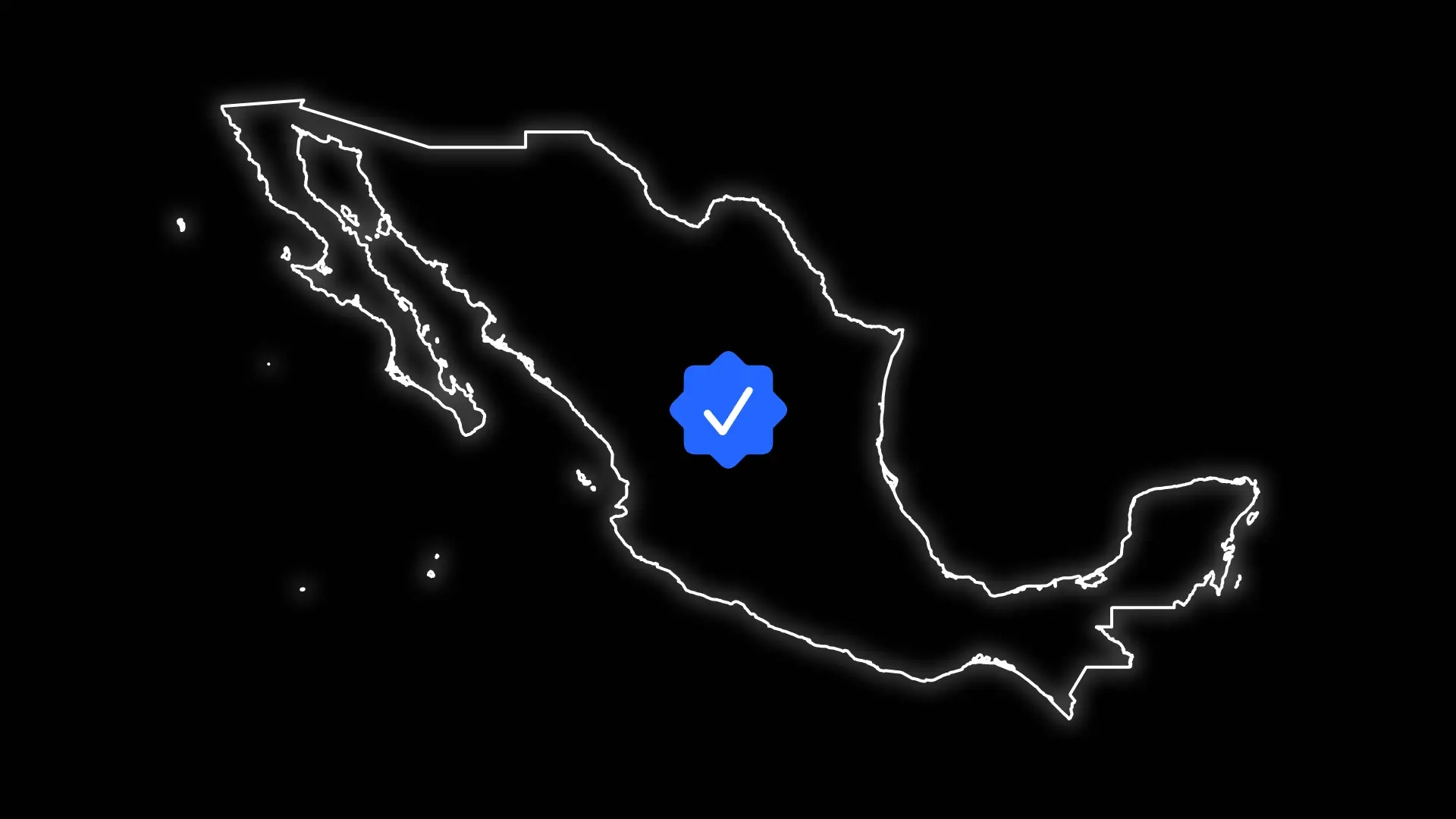The Legal Framework of KYC and AML in Mexico: Regulatory RequirementsKey Regulators in Mexico's KYC/AML EcosystemIdentity Verification in Mexico: The Need for Advanced SolutionsChallenges in Document Verification in MexicoDidit: Transforming Identity Verification and KYC and AML Compliance in Mexico

November 15, 2024
Identity Verification, KYC, and AML Compliance in Mexico
November 15, 2024
Identity Verification, KYC, and AML Compliance in Mexico
